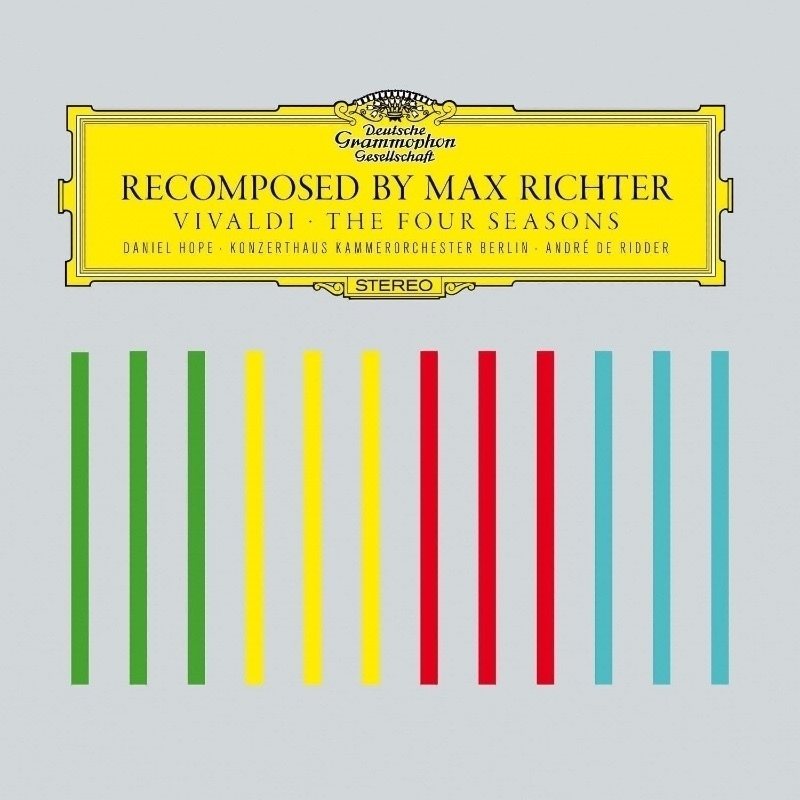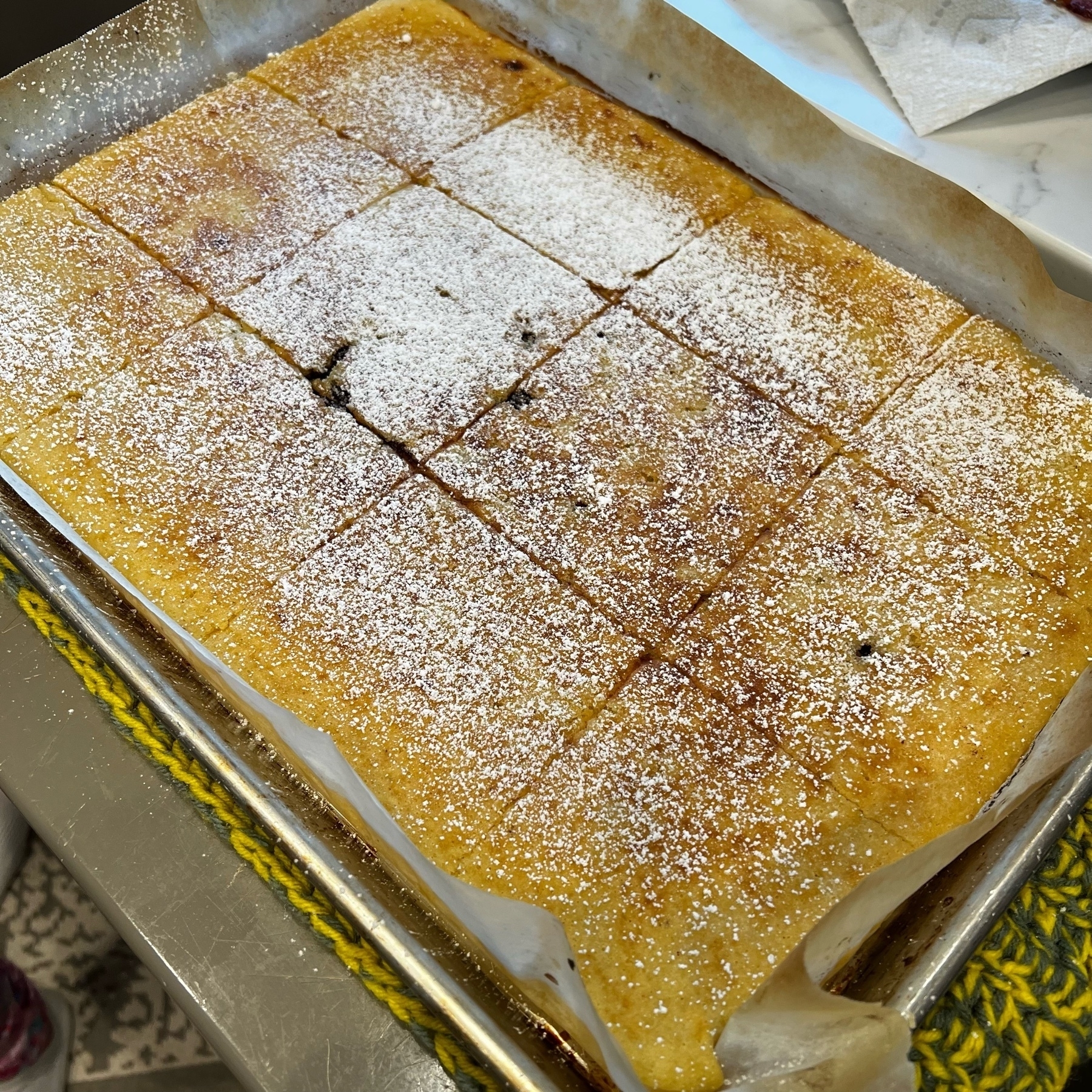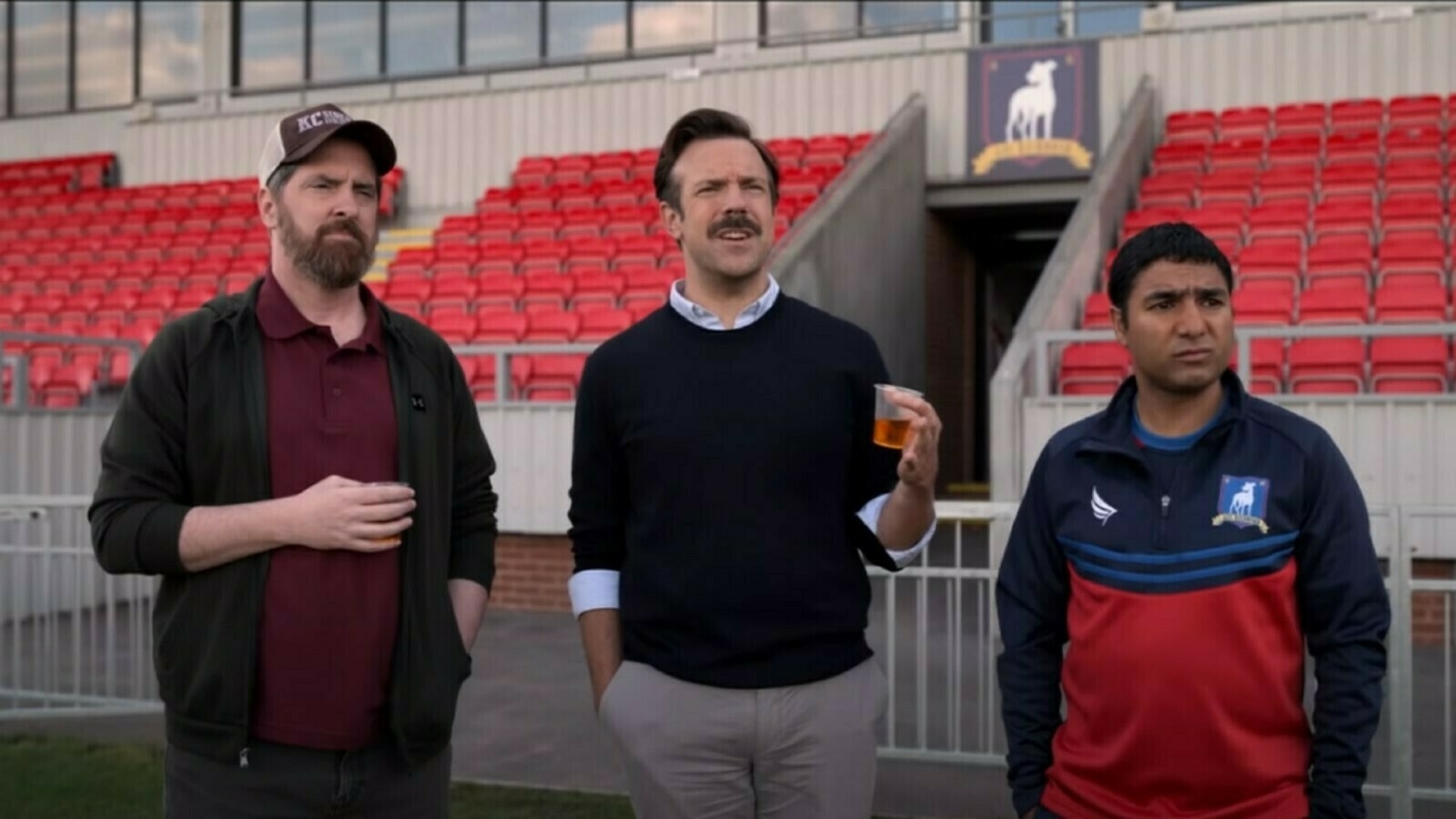I tried to read Ducks, Newburyport. I really did!
This is a book that has been lauded with praise in the literary community. It is a book that a couple of acquaintances, both of whom seem to have good taste, completely fawned over. It was the best book they read that year and maybe the best book they’d read in years. It was a book they felt was a top all-time work. An amazing book.
So I checked it out from my library and took it on vacation. My first concern landed immediately. The book clocked in at over 1,000 pages. I’m getting older and when I see a book, or series of books, that wants this much of my time I get suspicious. I don’t have as much time left as I used to! But I figured this book is said to be amazing and what else better do I have to do with my reading time? I’ll finish it eventually.
So I set about reading. The style, for me, was immediately off-putting. This book is written as a single run-on sentence. It is the protagonist’s stream of consciousness. There are connecting and filler words galore, just as you might expect there to be if you dictated your mental spaghetti to someone. The biggest connector is the phrase “the fact that.”
The fact that this and the fact that that. Over and over and over and over and over and over and over and over and over.
Generally when I pick up a book I’ll give it about 100 pages before I set it down. I’ve started some books that are considered very good by the world at large, yet I’ve set them down after 100 pages because they just weren’t jiving for me.
(Don’t think of me as incredibly disciplined. I wasn’t able to adhere to this rule until very recent years. In my life I have finished a fair number of books I hated.)
Somehow I got myself to 100 pages. I asked these acquaintances if it gets better or easier to read. They asked if I’d gotten to the part where she’s driving and sees someone on the side of the road (or something). I had not. So I decided that, since it’s such a long book, maybe my 100-page rule should be a 300-page rule.
The fact that the book is written in this streamed style means it’s hard to get your mind locked into the story borey glory story, the fact that the constant interruptions with filler words that beget words that beget words makes you try to skim, but skimming is hard headed rock hard place because of the fact that the important story words are in amongst all these thousands millions billions google search snopes of other words that actually do not have any impact on the narrative, the fact that it was like trying to light bright flight of the navigator light a match while driving on a bumpy gravel road.
I kept on, though. I read 300 pages. I think I might have read even more than that. I gave hours of my life to this book that I never found interesting. I gave hours to this book that I actively disliked the whole time I was reading it. I regret breaking my 100-page rule.
As reviewer Meike said on Goodreads:
Let me try to put it Ellmann-style: The fact that this book has nothing substantial to say, the fact that this text relies fully on its faux-innovative style, the fact that the associations are often simply screaming “look at me, I’m experimental fiction”, for Pete’s sake, Pete Buttigieg, St. Petersburg, Putin, Trump, MAGA, Lady Gaga, WTF, the fact that this book loves itself very much, the fact that you feel like riding a dead horse after you got the gist of the whole thing, maybe ride to the Old Town Road, can’t nobody tell me nothing: This is not great literature, you can’t tell me nothing (…) fast forward: Dead forests, guns, the end.
Don’t be a Barry. Just because others are enjoying a thing doesn’t mean you have to try to force yourself to enjoy it, too. It’s okay. Set the book down and go do something that brings you happiness.
Are Straight A’s Worth It?
Spoiler alert: I do not know, but I do have thoughts.
A high-school kid with straight A’s through all four years of schooling could represent a number of situations. The kid could be a genius. The kid could be smart and a hard worker. The kid could be clever about choosing their classes. The kid could be very good at communicating with their teachers and getting second chances. The kid’s parents might have any number of the above skills.
There is certainly a financial value to finishing high school with all A’s. Class ranking can automatically get them scholarships at a number of colleges. Class ranking, GPA, and valedictorian status are a part of their financial aid story as well as the story they share on their scholarship applications.
Where it gets more interesting, I think, is when considering how valuable straight A’s are to the student’s growth and happiness. For most students, that amount of grade excellence would require a lot of hard work. Most societies around the world consider a strong work ethic to be a positive moral characteristic. (There is a lot of social engineering behind that fact, but this isn’t the time to delve into that topic.)
It seems likely that a student with straight A’s has learned a lot of things. Learning things is a good practice in my estimation. I don’t believe that straight A’s mean a student learned the most things, though, nor do I think we can know if straight A’s mean they learned the right things. What if a student had to work incredibly hard at a math class that was particularly challenging to them? Odds are they did not learn that material much beyond getting by (if you can call an A getting by). Odds are they won’t retain that material. Odds are the time they took struggling with that one class stole time away from a more natural, deeper learning they could have been doing in an area in which they were more interested. Or perhaps the stress of that studying took them away from extracurricular or social activities that would have been better for their growth into adulthood?
Along similar lines, students pushing towards these top grades may also be pushing happiness and contentment away during their pursuit. There is certainly an argument that dealing with imperfection in life, with situations that are not perfectly what you want, is a useful skill to learn. No matter how much we hope for an ideal environment, that’s just never going to be the case for any of us. Conversely, I think we would do our teens good to help them learn to seek fulfillment. It would be good for kids to discover how to discover what they excel at; to be given opportunities to go deep into those areas and learn to build skills around focusing on those topics.
When comparing the extremes, of course I would deem more successful the kid who achieved straight A’s than the kid who barely passed any of their classes. For the average and above-average kids I don’t think grades tell as clear of a story. There is certainly data that proves me wrong. There is certainly data that shows grades correlate pretty strongly with common measures of success: career achievements and monetary rewards. Though I suspect many of the highest achievers were not from that straight-A group. I suspect we could do more to foster these less-tangible skills that make for well-rounded, happy, and fulfilled humans, which to me is a truer measure of success.
(Originally posted on the blog.)
More from the Blog
This month I also wrote about some other things:
- Watching a Musical Six Times
- View from My Doom Scroll
- Trying Phoenix and Elixir
- Auto-generate sitemap.xml with Rails on Render.com
- And an extra nerdy post on a Using a Kinesis Foot Pedal (which I have since returned)
Announcing
You may have already heard this, but if not my friend Shawn and I have put together a website to help us stay motivated to do the daily thing we like to do to keep ourselves happy. If you need to make sure you do one thing every day, this might be for you, too? Give it a try!
Also, I am flying away on vacation. Actually, I’m probably on vacation as you read this. I flew somewhere! In a plane!
Ephemera
🎵 Recomposed by Max Richter: Vivaldi, the Four Seasons (2014)
Vivaldi had never been my thing. Then I was going through old emails and was reminded that a friend had told me, “Yes, but this is different.” It’s so good.

…
I love this message. I think it can go further. In my head is a reasonable person telling me how careful I need to be with my projects. How prepared I need to be for whatever inevitability. A lot of times I should say yes to that voice and never do what it says.
…
Sheet pan pancakes.

…
📺 Ted Lasso, season 2 (2021)
We watch television shows pretty slowly. Season 2 dug deep into some issues. And the twist at the end didn’t feel right to me, though watching over the course of months might have led to that confusion.

…
🍿 Philomena (2013)
What an outstanding film! Judi Dench is superb and Steve Coogan provides a great counterpoint. I’ve loved Coogan for years, and was excited to see he produced and co-wrote.

…
From Dobby Gibson’s “Ode to the Future”, published in Little Glass Planet:
so let’s make America a set of problems
we can admit exists again, and still have the will
to solve
…
Some links I found interesting:
- Alternative Ways to Spend 5 Minutes of Awkward Downtime has a great way of saying it in the last few paragraphs
- tlk.io to fire up ad hoc chats
- Gigapixel AI is science
- A Good Used Book – let me know if you pick one up
- I didn’t know my lifetime Alfred subscription came with text expansion!
- I’ve taken a deep dive into the Obsidian notes app and this series has provided a lot of information
- Hey, Let’s Talk About Death takes the long way around to get to an important documentation topic
Click through for more ephemera.
You just read issue #23 of March of Time by Barry Hess. You can also browse the full archives of this newsletter.